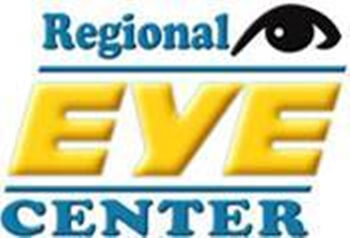Q. What are the best types of sunglasses?
A. Sunglasses that incorporate UV protection and polarization are the most beneficial type of sunglass lens, but picking a frame that fits your style is important too.
Q. How do polarized sunglasses work?
A. Polarized lenses block some of the light that causes glare from surfaces such as water, while allowing for other light that has less glare to pass through the lens, giving a much better image quality.
Q. Who is most at risk for dry eye?
A. Seniors, people 50 years of age and older are more likely to experience dry eye symptoms, but dry eye can develop at any age. Research has estimated that almost 5 million people in the United States, age 50 years and older have dry eye already, and 3 million of these are women. Many millions more Americans are suffering with mild dry eye symptoms due to extensive time spent on electronic devices and on computers. As well, for women, dry eye is very common after menopause. Women who get early onset menopause are also at higher risk for damage of the surface of the from dry eye.
Q. Which lens treatments do you recommend for children’s lenses?
A. We highly recommend Crizal Prevencia and an anti-scratch treatment for all kids glasses. In addition, we recommend that their glasses are made of polycarbonate, which is unbreakable (this is the material used on all safety glasses). We like to make sure all our children’s glasses are made of polycarbonate as a safety factor. The best glasses for a kid would be made of polycarbonate that had Crizal Prevencia (for the anti-glare and blue light filter) and are transitions lenses so they darken when they go outdoors, and remain clear while indoors. That way they don’t need a separate pair of sunglasses.
